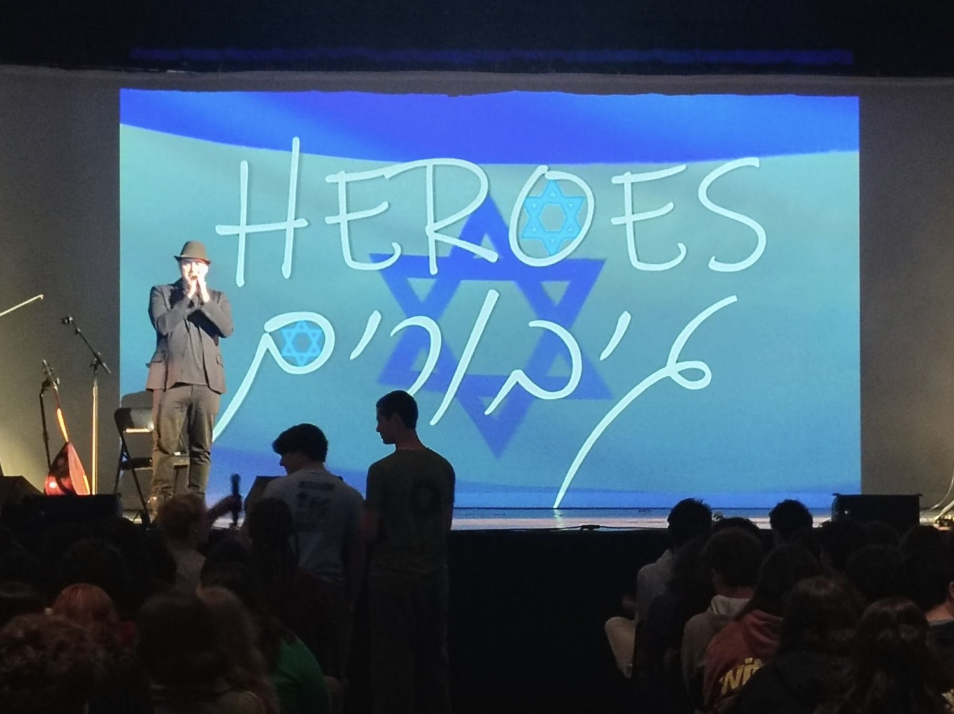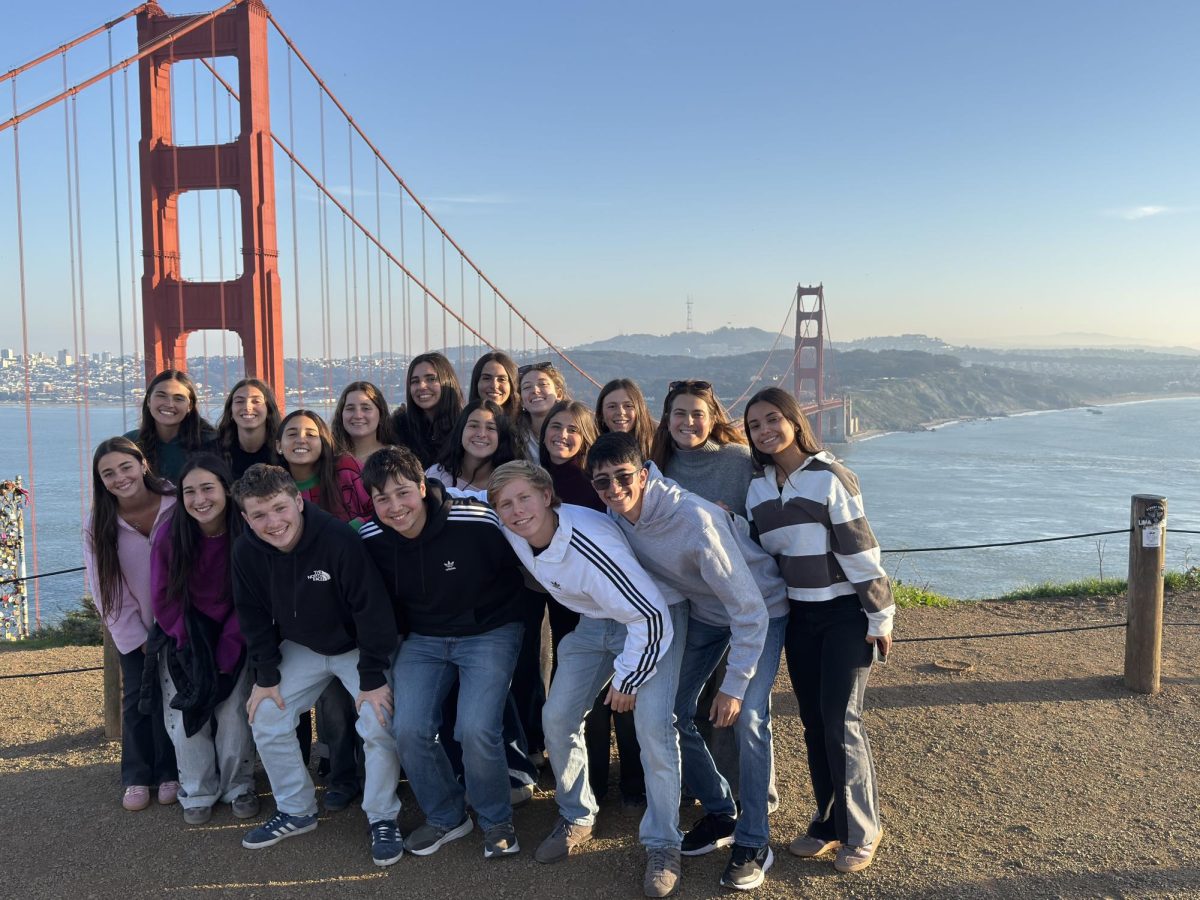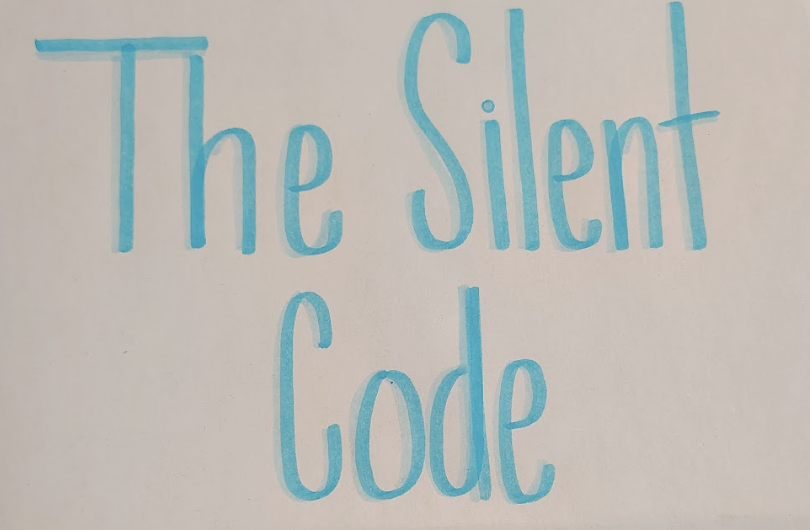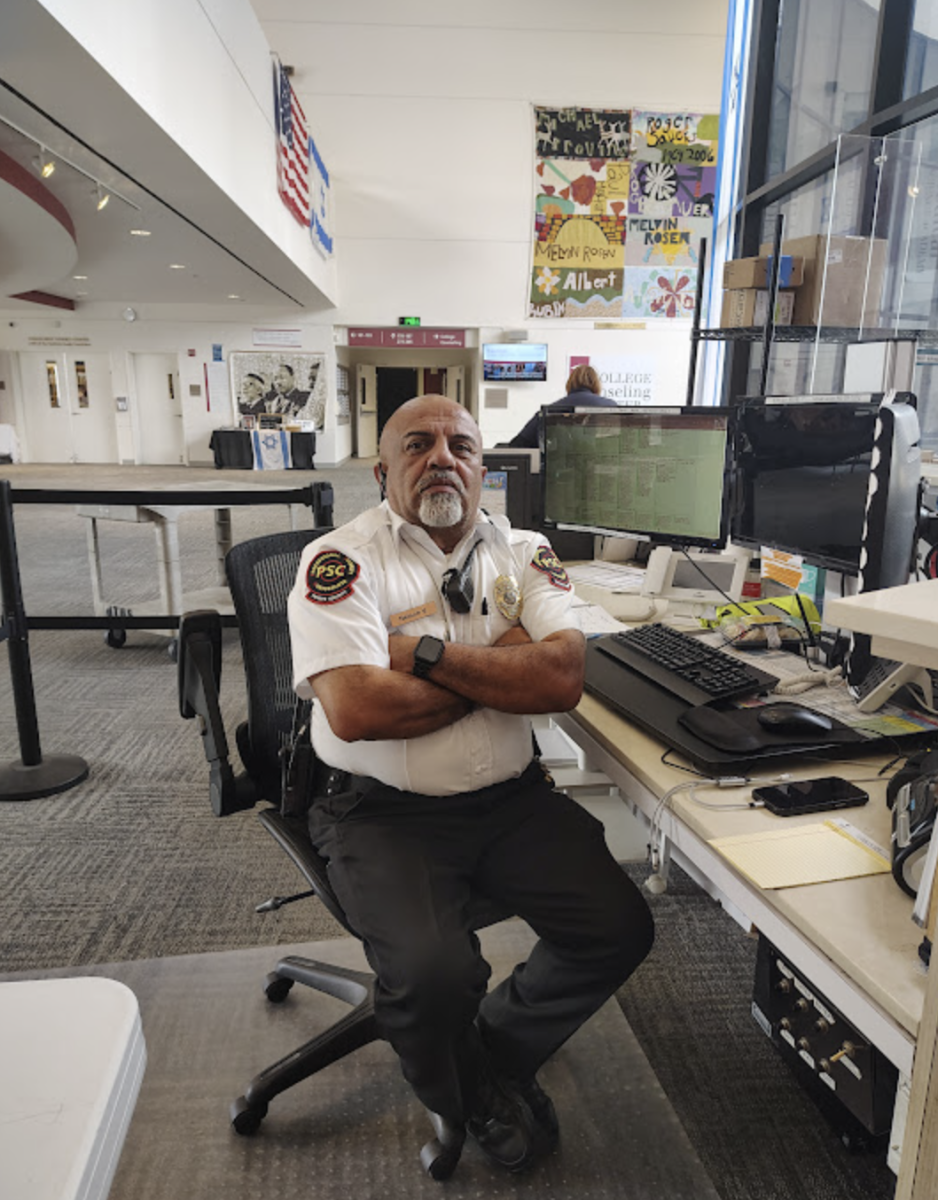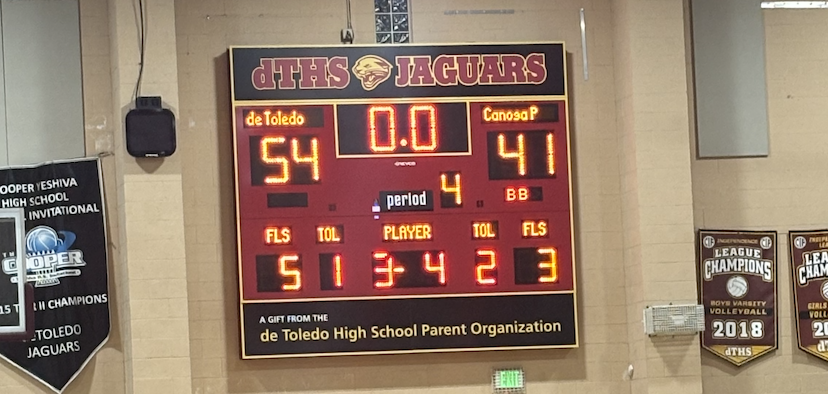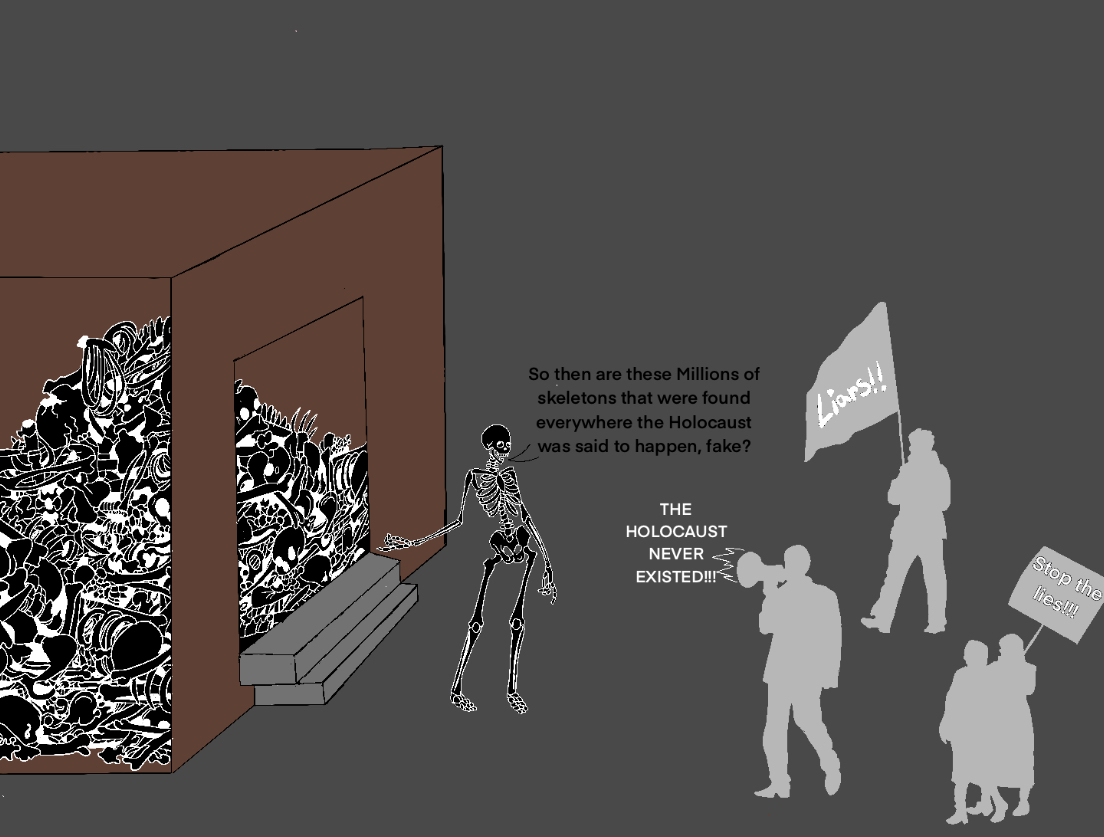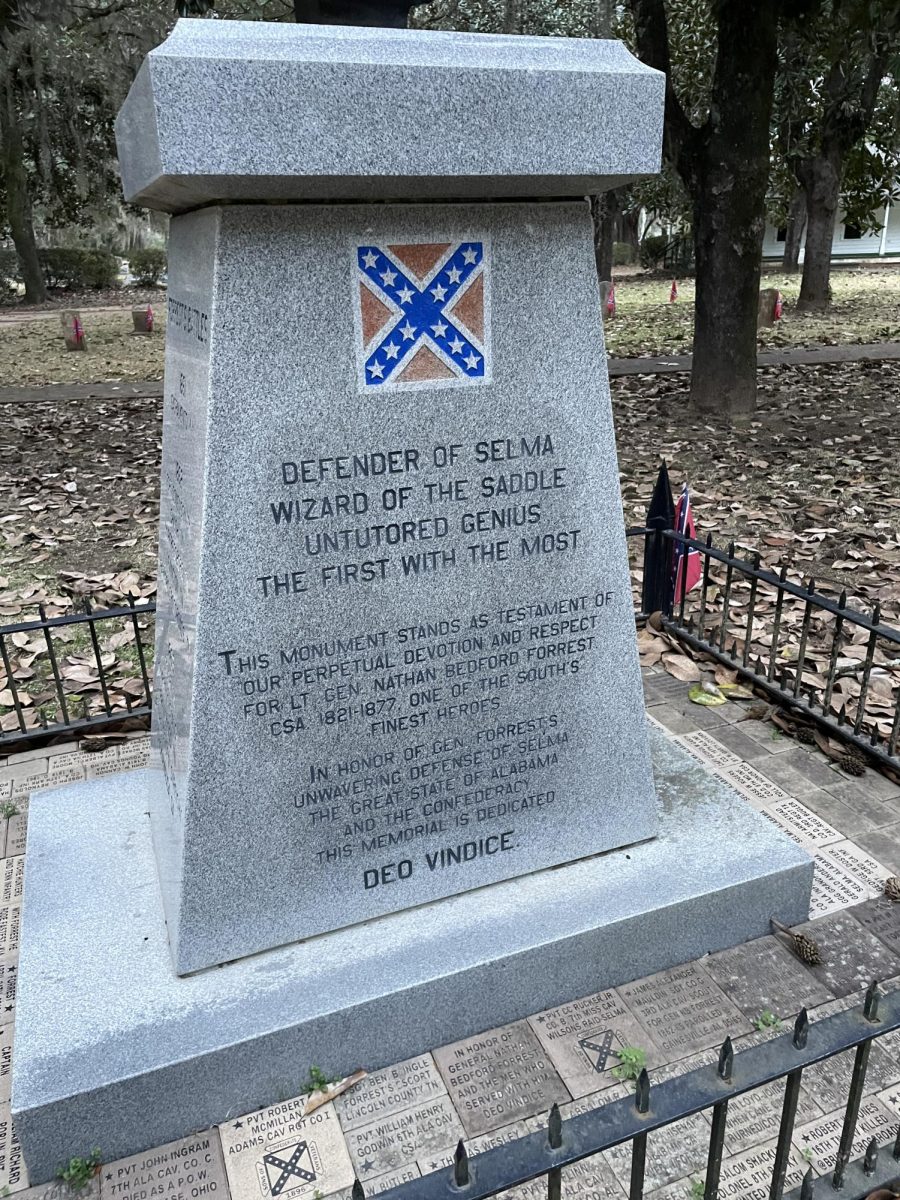The opinions expressed in this article are the author’s own and do not necessarily represent the views of The Prowler.
Does anyone remember the Holocaust? Yeah, the one where Hilter rained down death on the Jews and put them in concentration camps and gassed them – that Holocaust. Of course everyone knows about the Holocaust.
But recently there has been a rise in Holocaust deniers. These people are non Holocaust survivors who believe that the Holocaust was a fake and just a superstition. These people aren’t just denying the Holocaust, they are doing what we call revisionism. The meaning of revisionism is a policy of revision or modification of actual historical events.
Holocaust deniers do not always deny the mass murder of Jews but deny the participation of their own nationals in the Holocaust. These people deny legitimate historians engaged in the traditional practice of illuminating the past.
There are also people who deny the Holocaust completely and convince groups to believe that the Holocaust is a myth.
They try to convince others that internment camps are old normal buildings, gas chambers were just normal buildings, those shoes that were found from the camps were fake and just burned and ragged from the war; the many dead bodies everywhere are just from the war, and the Jews who had to hide from Hilter were doing that to get out of work, to run from responsibilities of the new order and that they were hiding from new responsibilities.
The proof is in museums and history, and these people don’t believe hard evidence. They can be compared to Flat Earthers–people who believe that the earth is flat and not round.
For Holocaust deniers, the usual motivations are political.
There is an astonishing number of ludicrous claims that come from Holocaust deniers, including the idea that the word “hoax” is part of a conspiracy to make the white Western world feel guilty, or to take advantage in the interests of Jews or of the State of Israel.
Others actually believe in the value of Nazism as a political philosophy. Some states prohibit Holocaust deniers, including 16 European countries and Israel.
In Germany, if you practice Nazism or are a Holocaust denier you can go to jail for five years.
Germany introduced a law in 1985 that outlawed the Holocaust denials and other forms of Nazi symbolisms, and a subsequent law in 1994 made Holocaust denial more of a serious criminal offense under the general anti-incitement law.
Considering its history, Germany did feel a special obligation to curb anti-Semitic extremism after the war, and throughout that decade, a handful of countries followed its example.
France was the second to ban Holocaust denial in 1990 under the Gayssot Act.
Austria, although it previously had laws that did suppress any revival of Nazism, did not have laws that specifically banned the denials of the Holocaust until 1992.
Then in 1995, Belgium and Spain adopted laws (though Spain rescinded their law in 2007).
After that, Poland did it in 1998, and so on.
In today’s world, the credibility of the Holocaust is undeniable. There are volumes of government documents, thousands of eyewitness testimonies, first hand admissions of guilt, photos, film footage, meticulous written records, museums’ worth of artifacts, not to mention the remains of the concentration camps, gas chambers and crematoria themselves.
There are those who deny elements of the Holocaust, most importantly the fact that Nazis used poison gas to kill Jews in death camps. Holocaust deniers argue that this entire chapter of history with the Jews and the Germans is an elaborate hoax by Jewish propagandists who simply wanted reparations from Germany, the creation of a Jewish state (Israel) and a distraction from their own double-dealing.
This is at the core of a bigger problem to an antisemitism conspiracy theory. All of this is really highly offensive to Jewish people of the historical memory of their suffering which some did trivialization of the Nazi genocide or distorting the Holocaust.
Some Nazi bureaucrats were careful enough to cover up the Final Solution in bureaucratic language. They portrayed that the Jews were not deported but “resettled,” the Ghettos were cordoned off for “quarantine,” and the death march was merely an “evacuation.”
Rabbinic Director Rabbi Tsafi Lev said it is important to respond to Holocaust deniers and recommended reading “ It Could Happen Here” by Jonathan Greenblattt and Deborah Lipstadt’s “Antisemitism.”
“You know, sometimes people just like to say shocking or mean things, just to upset you,” he said. “I trust that facts are on my side.”

